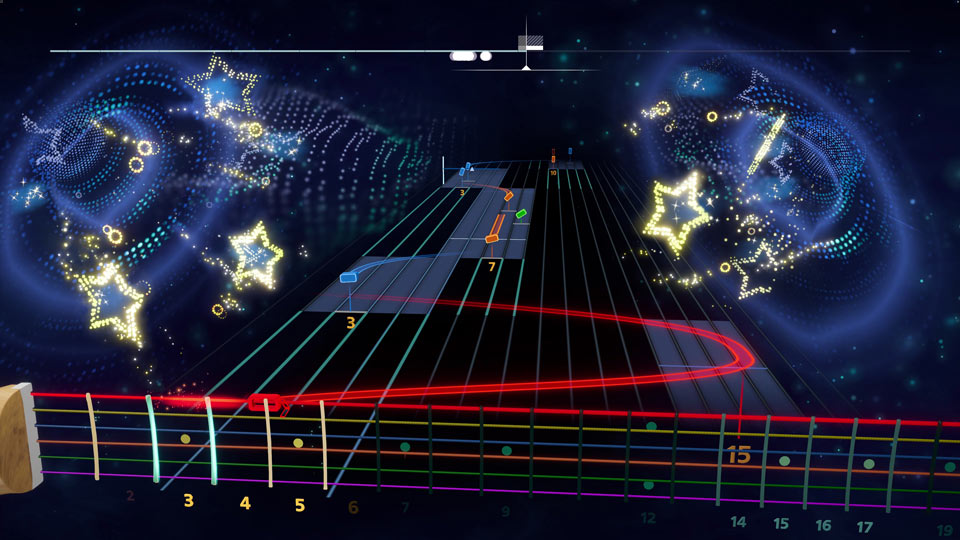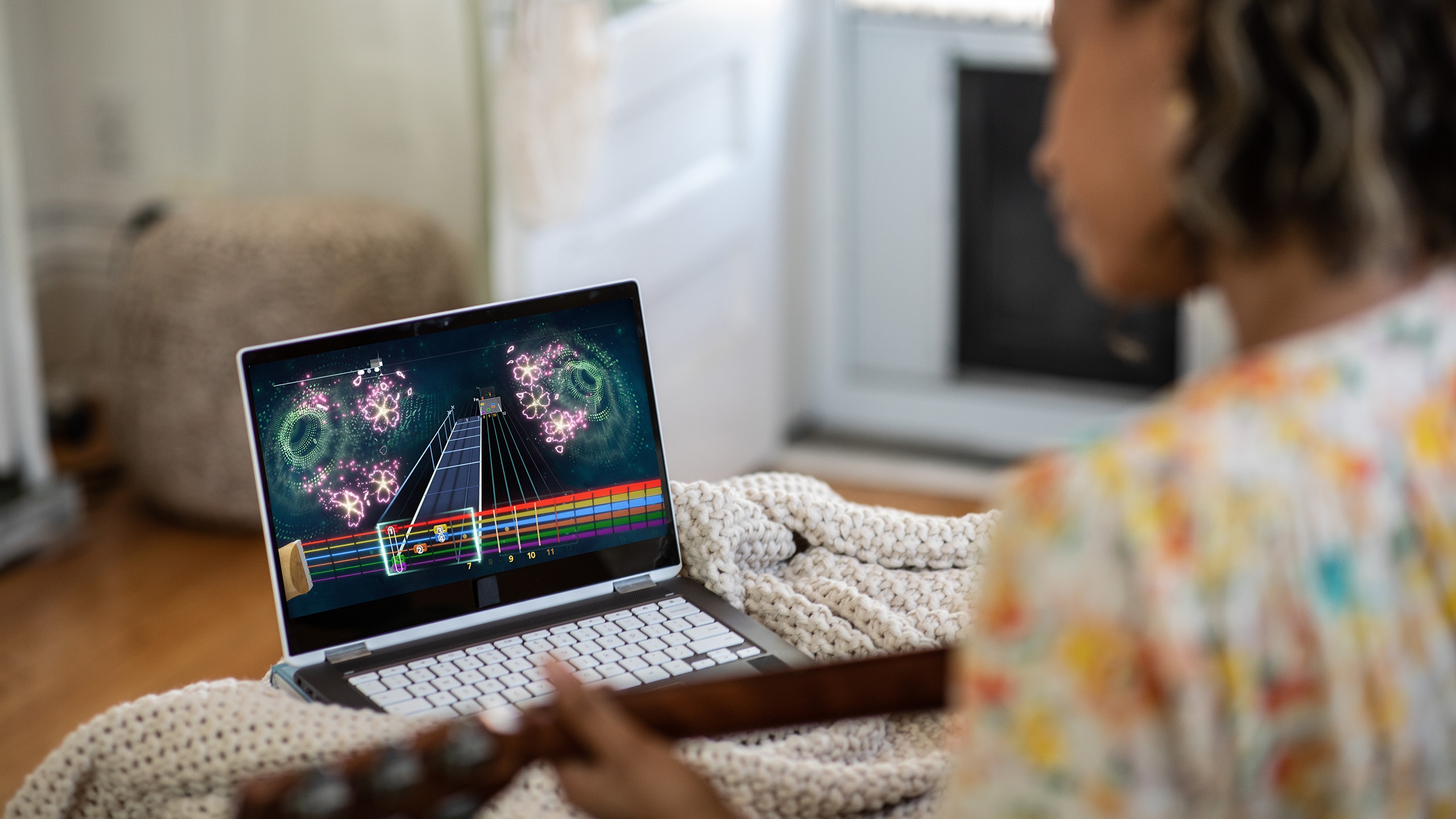Learning to play the piano can feel like a daunting task, but with the right guidance and patience, you can master it. Today, we'll delve into the A Augmented chord, a slightly more complex chord that can add a unique touch to your piano playing.
The A Augmented chord, unlike the more straightforward major or minor chords, is characterized by its raised fifth. This gives it a distinct, suspenseful sound that can add depth to your musical repertoire. It's not as commonly used as other chords like the dominant 7th or diminished, but when used properly, it can be a game-changer.
To help you really nail this chord, we'll be sharing some effective practice tips. Mastering the A Augmented chord, like any other, requires consistent practice and understanding. But don't worry, we're here to guide you every step of the way.
Stay tuned as we explore the A Augmented chord, and prepare for the next steps in your piano-learning journey.
What Are the Notes of the A Augmented Chord?
![[RS+] How To Play an A Augmented Chord on Piano SEO ARTICLE - chord](http://staticctf.ubisoft.com/J3yJr34U2pZ2Ieem48Dwy9uqj5PNUQTn/kxUJ6s5EE452LRTNSBmNs/86d4ade76f2fc87f6d252ba9f13a4a6a/Aaugnotes.jpeg)
The A Augmented chord, just like any other chord, is a combination of specific notes that create its unique sound. For the A Augmented chord, the notes you'll need to play are A, C#, and E#. The A Augmented chord is slightly complex to play compared to some other beginner chords due to the inclusion of sharps (#).
Unlike with some other chords, such as the C Major, where only the white keys are played, the A Augmented features two sharps. However, E# is F, which means you will end up playing two white keys (A and E#) and one black key (C#). While this may seem intimidating at first, it provides a great opportunity to familiarize yourself with the black keys on the piano, which are just as important as the white ones.
The # symbol represents a sharp note, which is a half step or semi-tone higher than the natural note. So, C# is the black key right after the C key, and E# is actually the white key F, as there is no black key between E and F.
How To Play An A Augmented Chord With Your Right Hand
It's time to dive into the specifics of how to play the A Augmented chord with your right hand. Remember, an A Augmented chord is a major chord with a raised fifth, making it unique in comparison to other chords.
To begin, align your thumb on the A note. Ensure your fingers naturally fall on the white keys as you move up the keyboard. Here's the finger positioning you should follow:
-
Position your thumb (1st finger) on A.
-
Your middle finger (3rd finger) should press the C# key.
-
Lastly, your pinky (5th finger) should be on the E# key.
This forms the A Augmented chord with your right hand. Make sure to press all the keys simultaneously to hear the unique sound of the A Augmented chord.
How To Play A Augmented With Your Left Hand
Continuing with our step-by-step guide on how to play the A Augmented chord on piano, we now shift our focus to the left hand. Learning how to use your left hand can be a bit challenging, especially if you're naturally right-handed. But with consistent practice, you'll gradually become comfortable and proficient.
To play the A Augmented chord with your left hand, position your pinky (or the 5th finger) on the A note below Middle C. Your fingers should be arranged as follows:
-
Pinky (5th finger) on A.
-
Middle (3rd finger) on C#.
-
Thumb (1st finger) on E#.
If you're finding it a bit tricky to maneuver your left hand, don't worry --- it's a common issue for beginners. However, keep in mind that consistent practice, patience, and perseverance are the keys to mastering this skill.
Playing With Both Hands
Now that you've learned how to play the A Augmented chord with both your right and left hands, it's time to play both hands together. This might seem like a daunting task, but remember, every great pianist started from scratch.
Start by positioning your hands as follows:
-
Right Hand: Thumb (1st finger) on Middle A.
-
Left Hand: Pinky (5th finger) on the A note an octave below Middle C.
Gradually, start playing the A, C#, and E# notes simultaneously with both hands. Take it slow, and don't rush. At this stage, it's not about speed, but about accuracy and coordination. With regular practice, you'll find it easier to play the A Augmented chord using both hands, as the movements will become second nature to you.
Keep practicing, and stay tuned for more tips on your piano journey.
What Are Some Practice Tips for Learning the A Augmented Chord?
![[RS+] How To Play an A Augmented Chord on Piano SEO ARTICLE - tips for learning](http://staticctf.ubisoft.com/J3yJr34U2pZ2Ieem48Dwy9uqj5PNUQTn/71JCMLSG70tLwCDwN2ll5h/ff68de2cf8de992bcc50b8ef99d2c314/Aaugend.jpeg)
Having practiced playing the A Augmented chord with both your right and left hand, the next step in your piano journey is to refine your technique and ensure you're practicing effectively.
Playing the piano is all about muscle memory, and consistent practice is essential for this. Even if it's just 10 minutes a day, make sure to sit down at the keyboard daily to play the A Augmented chord.
A metronome is a musician's best friend --- as you gain confidence, a metronome can help you maintain a steady beat and gradually increase the speed as you become more comfortable with the A Augmented chord. If the A Augmented chord is proving tricky, break it down note by note, practicing each one individually before combining them again.
Keep in mind that piano playing should be a relaxing, enjoyable experience, so make sure your posture is correct and your hands and shoulders are relaxed. Tension can lead to mistakes and even injury, so stay loose and focused.
Aim for small, achievable goals in each practice session, too. Maybe it's playing the A Augmented chord clearly five times in a row or increasing your metronome speed slightly. Celebrate these small victories --- they all add up.
Remember, learning to play the A Augmented chord on piano, like any skill, is a journey. It's not about rushing to the finish line, but rather enjoying each step along the way. Stay patient, stay consistent, and above all, enjoy the beautiful music you're creating. Up next, we'll discuss the next steps in your piano journey!
The Bottom Line
As you continue your piano journey, having mastered the A Augmented chord, you're ready to march forward into the vast world of music exploration. This fundamental chord, though seemingly simple, opens up endless possibilities for your musical repertoire.
In your journey, remember that patience and discipline are your best allies. Learning to play piano is a process that requires time and dedication, but the joy of creating music is what makes this journey truly fulfilling.
Tools like Rocksmith+ can help accelerate your learning and broaden your musical horizons, and with a song library with over 400 songs, you can learn many of your favorite tunes across genres.
Sources:
Ch.6.8 Augmented fourth, diminished and augmented fifth | Music Theory Education
Sharps and Flats | Music Theory Academy









